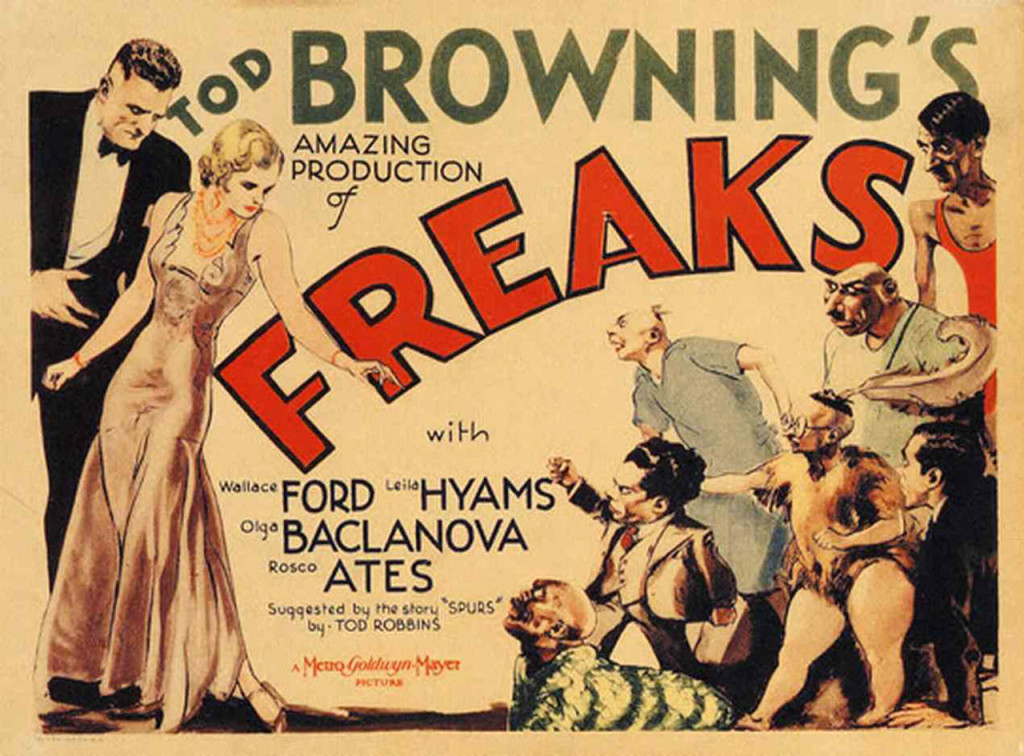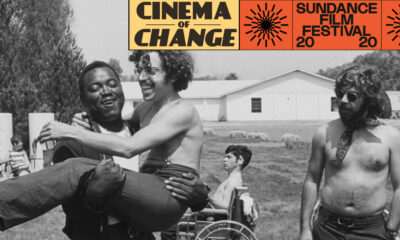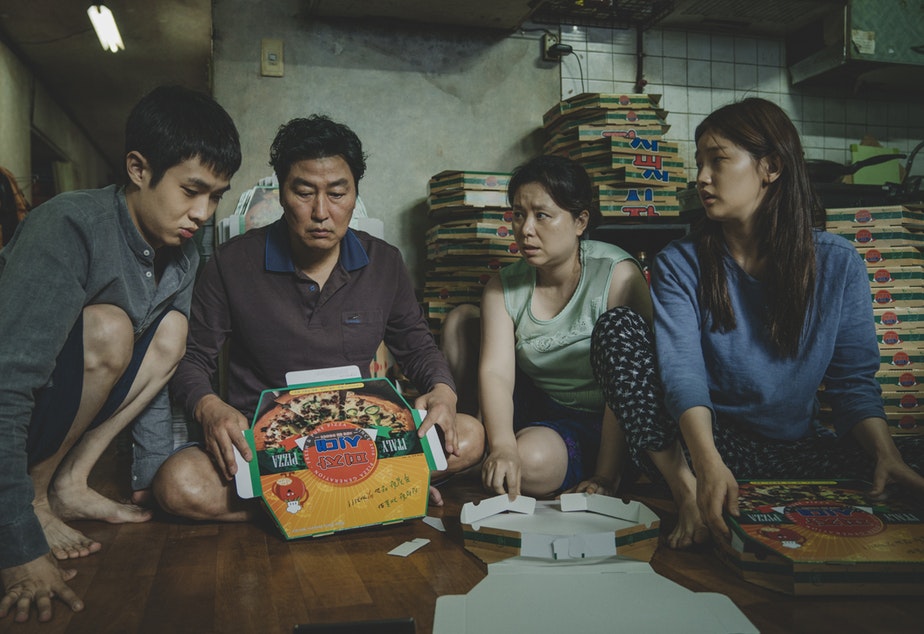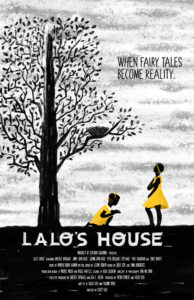Filmmakers
Stephen Hawking vs The Elephant Man

The portrayal of people with disabilities in cinema has a surprisingly long and sordid story. One of the earliest, and in my mind the most interesting, is the 1932 seminal classic Freaks. Directed by Tod Browning, following the smashing success of his horror masterpiece Dracula (1931), Freaks chronicles the life and times of a troupe of circus freaks. The story centers on the doomed love affair between a bombshell blonde and a precociously charming midget, surrounded of course, by all the classic characters of a turn of the century freakshow. You’ve got the bearded lady, the mongoloid sisters, the corrupt and manipulative ringleaders and the man with no limbs; who in a particularly intriguing scene, whips out what we presume to be a joint, and proceeds to light it with a box of matches using only his lips; all while carrying on a conversation. As I personally have no control of my extremities, and write this article using my lips, I must say I’m quite impressed. An interesting note about this film is that most characters were in fact played by people with real disabilities. I can’t help but wonder if this film was a ploy to revive the dying concept of the freakshow by transporting it to the silver-screen. Perhaps. Unfortunately, the film was a dismal failure at the box office, despite having a tremendous surprise ending which I will not spoil here. Let’s just say that the creativity of the revenge the “freaks” exact upon their tormentors is nothing short of genius.
In the same vein of the carnival sideshow, we come to a personal favorite of mine, Elephant Man. Released in 1980 the picture was given direction by David Lynch and the screen was graced by none other than Anthony Hopkins. The story is set in Victorian London, right around the time of the infamous Whitechapel murders. We are introduced to a characterization of the real life John Merrick. He is a hideously deformed man living, if you can call it that, in the filth and squalor of his abusive employer/owner’s freakshow. Mr. Merrick earns his room and board by modeling as the bastard son of a woman allegedly violated by an elephant. After being rescued by the kindly doctor played by Hopkins, Joseph Merrick is considerably better off. He even garners the friendship of a famous actress. But not all is well for the Elephant Man. While being harassed by an angry mob, we reach the most powerful scene in the film. After being unmasked and humiliated by the mob, John Merrick proudly raises his head and opens his mouth and declares, “I am not an elephant! I am not an animal! I am a human being! I am… a MAN!” With these simple words we, as an audience, are granted the opportunity to see something rare and beautiful. It is a declaration of humanity, an affirmation of will and a demand for dignity. In this single scene we see the macrocosm of the whole human race condensed into a single man. Do we not all demand to treated with respect? Do we not find the atrocities against humanity being committed across the globe repugnant and contrary to our collective values as humans? Should we not all stand like John Merrick and demand that our brothers and sisters be treated like what they are; human beings?
As with many things, cinema is a reflection of the times. In the past hundred years there has been a paradigm shift in the depiction of people with disabilities. From the depths of squalor and despair, this group has slowly been rising to a social level equal with many others. Instead of life limited to a peon in some demeaning sideshow, there is life as a physicist, glorified in The Theory of Everything (2014). This film is very captivating and presents issues of disability in a mature and meaningful way. One thing however, did not sit well with me. At one point in film after an emotional party where Hawking nearly chokes to death on his lunch, Jane, Hawking’s wife and caretaker, emphatically declares that “We are not a normal family!” This strikes to the core issue that people with disabilities face today.
To accept the label of abnormality is to be treated as such. Is it any more abnormal to be disabled than it is to be LGBT, or African American? This is central issue of disability rights; to be viewed not as a freak, but as a somewhat more abstract rendering of the human form. If Marlon Brando is Da Vinci, then Stephen Hawking is Picasso.
Disability is a rising social justice issue that has a lot to be learned about and, in my opinion, a bright future. It’s the next battle for equality. And historically one of the most difficult. In bygone eras having black skin was seen as a curse, an affliction from God. Is it not easy for today’s society to see disabled folk in similar light? Some religions still even go as far to blame the parents of people with disabilities for having their unreconciled sins exacted on their children.
Is having a disability any different than being a queerly identified person? Neither position was chosen, both are written in the individual’s great compendium of genetic knowledge. There’s nothing wrong with it, it simply is. There’s enough energy spent thinking about what makes us separate, it’s time to put some thought into what makes us similar. This is part of the beauty shown in The Theory of Everything. The film demonstrates that although there are superficial physical differences between all of us, it is what we create and contribute to the human race that binds us together as people.
And what can we expect the future to hold? Perhaps in some time we will live in a world where equality is assumed for disabled folk. Perhaps, even, the Stephen Hawkings of the world will win out and all people with disabilities will placed on a pedestal and expected to be a genius.
What I know for sure is that the future holds countless possibilities, many of which are unimaginable to us today. As filmmakers and freethinking audiences, we hold a stake in not only how social justice issues are interpreted, but how they are portrayed. Let’s make the most of this power and demand equality for everyone.
Filmmakers
Out of the Basement: The Social Impact of ‘Parasite’

When Bong Joon-ho’s Parasite won multiple Oscars at this past weekend’s 92nd Academy Awards, the reaction was one of almost unanimous joy from the attendees and much of the American audience. Setting aside the remarkable achievement of a South Korean movie being the first to win Best Picture, this was due to the fact that so many people have been able to identify with Bong’s film, engaging in its central metaphor(s) in their own individual ways. Everyone from public school students to Chrissy Teigen have expressed their affection for the film on social media, proving that the movie has reached an impressively broad audience. The irony of these reactions is noting how each viewer sees themselves in the film without critique—those public school students find nothing wrong with the extreme lengths the movie’s poor family goes to, and wealthy celebrities praise the movie one minute while blithely discussing their personal excesses the next. Parasite is a film about class with a capital “C,” not a polemic but an honest and unflinching satire that targets everyone trapped within the bonds of capitalism.
Part of Parasite’s cleverness in its social commentary is how it depicts each class in such a way as to support the viewer’s inherent biases. If you’re in the middle-to-lower classes, you find the Kim’s crafty and charming, and echo their critiques of the Park’s obscene wealth and ignorance. If you’re a part of the upper class, you empathize with the Park’s juggling of responsibilities while indulging in their wealth, and have a natural suspicion toward (if not revulsion of) the poor. If you have a foot in both worlds, like housekeeper Moon-gwang and her husband Geun-sae, you can understand how the two of them wish to not upset the balance, so that they can secretly and quietly profit. All throughout Parasite, there’s a point of view to lock onto.
The point of the film is not to single out one of these groups as villainous, but to show how they’re part of a system that is the true source of evil. The movie has been criticized for lacking a person (or persons) to easily blame, which would of course be more comforting dramatically. Bong (along with co-writer Han Jin-won) instead makes the invisible systems of class and capitalism the true culprit, which is seen most prominently at the end of the film. All the characters are present at the same party, whether as hosts, guests, help, or uninvited crashers, and each class group suffers a mortal loss. It’s all part of the tension built throughout the movie coming to a head, yet there’s an inevitability to these deaths as well, a price each group inadvertently pays to keep the corrupt system they’re all a part of running. In this fashion, the movie is reminiscent of several works of dystopian fiction, such as Shirley Jackson’s “The Lottery,” and Aldous Huxley’s “Brave New World.” The film particularly recalls Ursula K. Le Guin’s short story “The Ones Who Walk Away from Omelas,” in which a utopian society is dependent on the continual torture and misery of a single child. Every system demands sacrifice, and Bong and Han make clear that that sacrifice is paid many times over.
The real twist of the knife in Parasite is the epilogue, which reveals that the real point of the class and capitalist systems is to keep as many people in their place as possible. The Park’s remain wealthy, and easily move away from their old house. The Kim’s remain in their same squalid hovel, with their patriarch now stuck in the basement hideaway of the Park’s old home. In “Omelas,” the tortured child is kept in a basement, as well, and where that story tells of individuals who reject that system and choose to leave it, Parasite shows that everyone has chosen to stay, with the erroneous belief that they can eventually change their place. The film’s intense relatability is likely the main reason for it being so beloved, yet it’s the messages it sneaks in that will hopefully be its most lasting social impact. All of us are still trapped within the system, but at least the secret of how it fails us and how it lies has managed to escape the basement. Let’s hope we can eventually escape, too.
Filmmakers
What are the challenges of filming a foreign culture?

Filming a foreign culture is not like filming your own. There are a lot of challenges that are faced by people to film a foreign culture. One of the basic reasons is that you may not know much about that culture, which will act as a drawback when trying to accurately record it. It is not about the niche of the location, but the reality of it and where that takes us. When you film culture, you must have a great understanding of it. Therefore, you should study it to get a good understanding of the nuances of the culture.
Films have a huge impact on other societies, and if your film lacks the essence of the culture, it won’t be able to give a good impression to your viewers. A lot of people get overwhelmed by other cultures and their uniqueness, most of the times getting an idea about other cultures through film, television, and the internet. Be it culture or any other information, filming has played a huge role in cultivating an impression on the minds and hearts of the people.
Filming Foreign Cultures – A Challenge
Filming in foreign countries is difficult because penetrating deep into the society of any country and culture requires a good understanding of the subject. Having that understanding can alleviate these hurdles.
Seeing the Foreign Culture Through the Eyes of the Camera
Most of us get the an idea of foreign cultures from media representations, this is because we cannot experiences all the worlds cultures for ourselves. That’s why people use social media and other internet platforms to learn about different cultures around the world. That is why whatever you make, people will see, and start believing. Which is why there is a huge responsibility to show different cultures accurately.
Challenges Faced During Filming
When you take ownership of showing the world different foreign cultures, you must make sure that everything is authentic. Made up stories won’t do because they will have a bad impact on the culture but also your credibility. That is why you should try to keep things real and accurate.
Originality
Keeping everything in its original state is the best thing video maker can do. Uniqueness and creativity are acceptable, but when the things start getting faux, the real essence gets lost, which is why it’s important preserve things in their original form.
Money and Finances
For film shooting in foreign countries, a lot of money and financial aids are required. Very good artists don’t get the opportunity to use their abilities because they don’t have enough money to film. For productive and creative filmmaking you need money, if that’s not there the problems are obvious.
Video Making on Demand
If there is a demand for a particular story, everyone will try to make videos on that subject. Sometimes, in these cases, the real story gets hidden. Many times, people do not film what is needed because they re too busy filming what is trending. This affects the film industry and the filmmakers as well.
Lack of Creativity
Lack of creativity is no doubt a huge challenge for the film making industry. Sequels and remakes of the videos are not something in demand and that demeans the meaning of creativity. If you want to make a statement, you must show how creative you are. This will help you get to the limelight in no time.
The film industry is progressing at a very fast pace and with great power comes huge responsibility, that’s what we all need to understand. Admit the fact that what you portray will be saved forever, and that slight irresponsibility can ruin another culture, which should not be the intention of anyone.
This article was written by William Roy, check out his website Movie Trivia
Academia
What is USC’ Media Institute for Social Change?
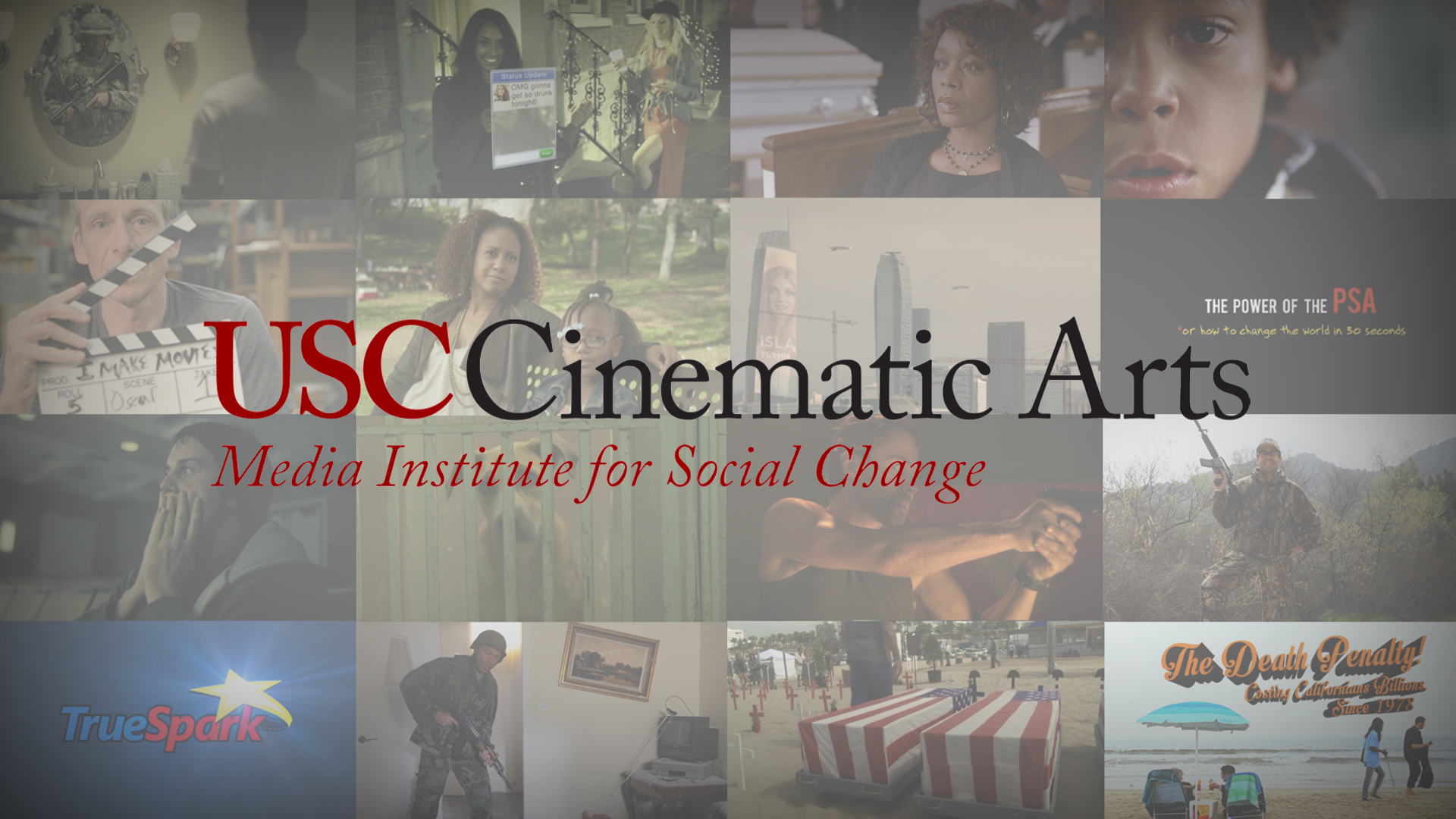
The Media Institute for Social Change, known as MISC, is a production and research institute at the USC School of Cinematic Arts focused on using media as a tool for effecting social change. Founded in 2013 by Michael Taylor, a producer and Professor in the School’s famed Film & Television Production Division, the MISC maxim is that “entertainment can change the world.” It spreads this message by producing illustrative content, and by mentoring student projects, awarding scholarships and leading research. “We are training the next generation of filmmakers to weave social issues into their films, television shows and video games,” says Taylor. “As creators the work we do has a huge impact on our culture and that gives us an opportunity to influence good outcomes.”
In recent years MISC has partnered with organizations including Save the Children, National Institutes of Health and Operation Gratitude, and creative companies like Giorgio Armani, the Motion Picture Association of America and FilmAid, to create groundbreaking work that have important social issues woven into the narrative. MISC also worked with USC’s Keck School of Medicine to create Big Data: Biomedicine a film that shows how crucial big data has become to creating breakthroughs in the medical world. Other MISC films include the upcoming The Interpreter, a short film centered on an Afghan interpreter who is hunted by the Taliban, and The Pamoja Project, the story of 3 Tanzanian women who determined to help their communities by immersing themselves in the worlds of microfinance, health and education. MISC has also partnered with the app KWIPPIT to create emojis that spread social messages. Together they co-hosted the Project Hope L.A. Benefit Concert to spread awareness about the massive uptick of homelessness in Los Angeles.
The Power of the PSA or How to Change the World in 30 Seconds, which documented the institute’s collaboration with the Los Angeles CBS affiliate KCAL9 to make PSAs on gun violence, internet safety, and PTSD among veterans. Another MISC-sponsored film, Lalo’s House, was shot in Haiti with the intention of exposing the child trafficking that is rampant there and in other countries, including the United States. The short film (which is being made into a feature) was used by UNICEF to encourage stricter legislation prohibiting the exploitation of minors, and has won several awards, including a Student Academy Award.
“Our goal,” says Taylor, “is to send our students into the industry with the skills and desire to make entertainment that has positive impact on our culture.” The dream is a variety of mass-media entertainment where social messages aren’t an afterthought but are central to the storytelling.
For more about MISC and its projects, go to uscmisc.org.
-
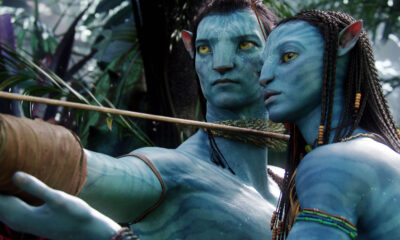
 SIE Magazine9 years ago
SIE Magazine9 years agoWhat Makes A Masterpiece and Blockbuster Work?
-

 Filmmakers9 years ago
Filmmakers9 years agoFilms That Changed The World: Philadelphia (1993)
-

 Companies6 years ago
Companies6 years agoSocial Impact Filmmaking: The How-To
-
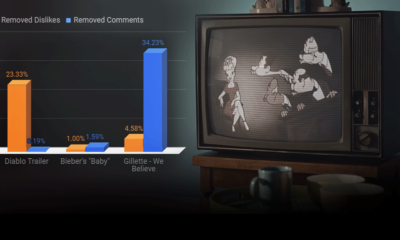
 Media Impact5 years ago
Media Impact5 years agoCan We Believe The Gillette Ad?
-

 SIE Magazine9 years ago
SIE Magazine9 years agoDie Welle and Lesson Plan: A Story Told Two Ways
-

 Academia8 years ago
Academia8 years agoFilmmaking Pitfalls in Deal-Making and Distribution
-

 Academia8 years ago
Academia8 years agoJoshua Oppenheimer: Why Filmmakers Shouldn’t Chase Impact
-

 Academia9 years ago
Academia9 years agoIMAX Documentaries: Exploring Our 7th Sense

